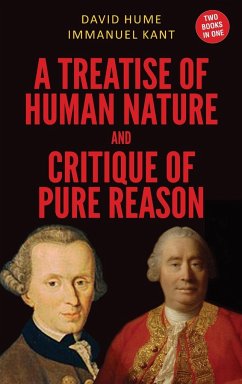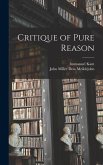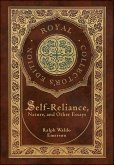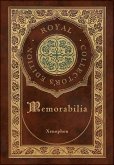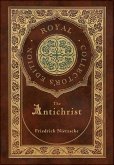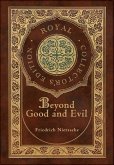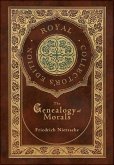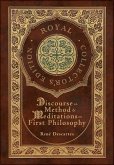DAVID HUME AND IMMANUEL KANT PHILOSOPHY TOGETHER IN ONE VOLUME 'One of the greatest of all philosophical works, covering knowledge, imagination, emotion, morality, and justice.' David Hume's comprehensive three-volume A Treatise of Human Nature has withstood the test of time and has had enormous impact on subsequent philosophical thought. The Treatise first explains how we form such concepts as cause and effect, external existence, and personal identity, and to form compelling but unconfirmable beliefs in the entities represented by these concepts. The second part surveys the passions, from pride and humility to contempt and respect, analyzing their roles in human choices and actions. The book concludes with a meditation on morals and an in-depth explanation of the perceived distinctions between virtue and vice. Kant's Critique of Pure Reason is the central text of modern philosophy. It presents a profound and challenging investigation into the nature of human reason, its knowledge and its illusions. Reason, Kant argues, is the seat of certain concepts that precede experience and make it possible, but we are not therefore entitled to draw conclusions about the natural world from these concepts. The Critique brings together the two opposing schools of philosophy: rationalism, which grounds all our knowledge in reason, and empiricism, which traces all our knowledge to experience. Kant's transcendental idealism indicates a third way that goes far beyond these alternatives.

